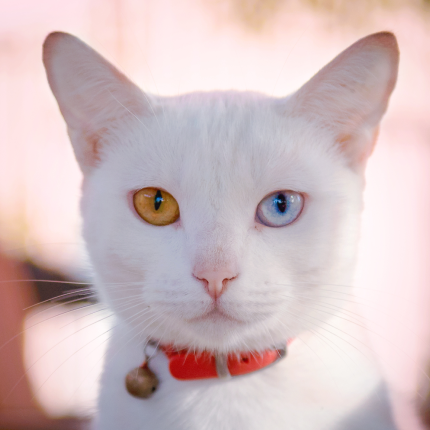There’s Potential for Insect-Based Pet Foods Among Cat Owners
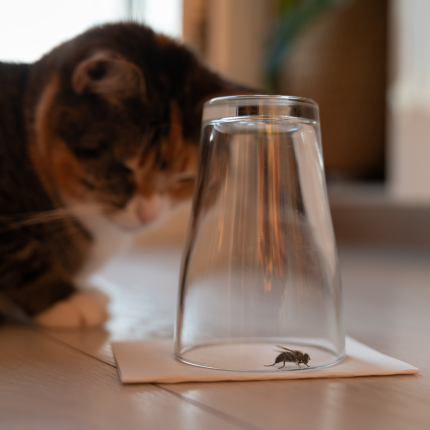
The rise of insect-based pet foods has sparked curiosity within the pet food industry, raising questions about their acceptance among dog and cat owners. A recent study shows how personal dietary choices and attitudes towards insects may influence pet owners’ willingness to embrace these novel ingredients.
Understanding Pet Owners’ Receptivity
A study published in the Journal of Animal Nutrition and Animal Physiology delved into the factors affecting dog and cat owners’ acceptance of insect-based pet food (IBPF). The research aimed to identify the drivers behind their decisions and determine whether the “ick factor” would deter pet owners from incorporating insect proteins and oils into their pets’ diets.
The study surveyed 435 pet owners, including 66% dog owners (DO) and 58% cat owners (CO). A notable 24% of participants owned both dogs and cats. The findings revealed that many dog and cat owners were open to the idea of IBPF. Specifically, 52% of DO and 62% of CO expressed positive attitudes toward insect-based pet foods. Interestingly, cat owners showed a higher acceptance rate than dog owners, indicating a potential niche market within the feline community.
Factors Influencing Acceptance
The study highlighted several factors influencing pet owners’ willingness to consider IBPF. One crucial factor was the pet owners’ dietary practices. Cat owners who followed specific diets were more inclined to accept IBPF, regardless of the diet type. This suggests personal dietary choices can shape attitudes towards alternative pet food ingredients.
Furthermore, the perception of sustainability and nutritional benefits played a significant role. When informed about IBPF’s sustainability and nutritional advantages, both dog and cat owners showed increased acceptance. This finding underscores the importance of emphasizing these benefits in marketing and product development.
Previous Experience with Edible Insects
Prior exposure to edible insects also impacted acceptance rates. About 32% of dog owners and 34% of cat owners had prior experience consuming edible insects. This initial experience correlated with a higher acceptance of IBPF, with cat owners showing a more robust positive response than dog owners. For those who had not yet tried edible insects, a general interest in entomophagy (the practice of eating insects) was associated with increased acceptance of IBPF.
Market Implications and Future Directions
The study’s results offer valuable insights for pet food manufacturers and marketers. Cat owners, particularly those with specific dietary habits, demonstrate a more favorable perception of IBPF. This highlights a promising niche within the feline market that could be targeted with tailored products.
Focusing on communicating the sustainability and nutritional benefits of insect-based pet foods is essential to enhancing their overall acceptance. Additionally, continued research to establish the long-term health benefits of IBPF for pets will be crucial in gaining wider acceptance.
In short, the study provides a comprehensive view of pet owners’ attitudes toward insect-based pet foods, revealing that cat owners, in particular, exhibit a higher acceptance rate. By leveraging this information, pet food manufacturers can develop strategies that cater to the preferences and needs of both dog and cat owners, potentially opening up new opportunities in the pet food market.

Featured Articles
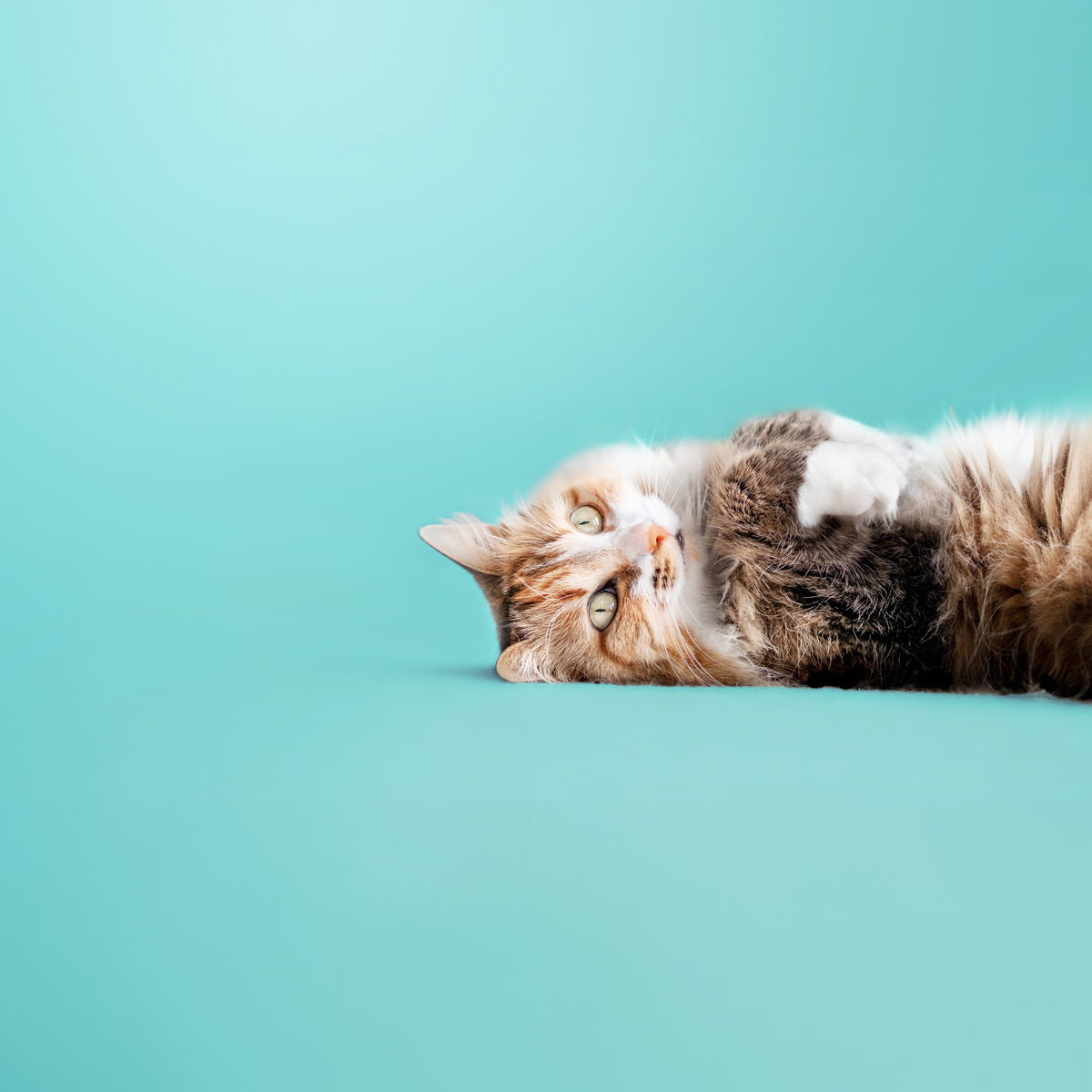
Why Do Cats Roll Over Into Their Backs But Not Let You Touch Their Bellies?
It’s common knowledge dogs love to have their tummies rubbed when they freely lay down before you and roll onto their backs. But, if you’re also familiar with cats, you know that when they roll onto their backs with their bellies exposed, rubbing the belly will most likely result in…
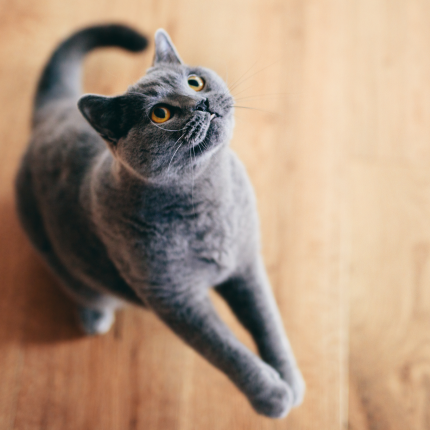
Greebles and Cats: The Origin and the Meaning
You may have seen an internet sensation concerning cats labeled “greebles.” Feel out of the loop? We’re here to help you. In 2019, Reddit user /user/literallyatree commented on a Reddit post about a cat that looks like it’s trying to slap a ghost. This user commented: “My family calls things…
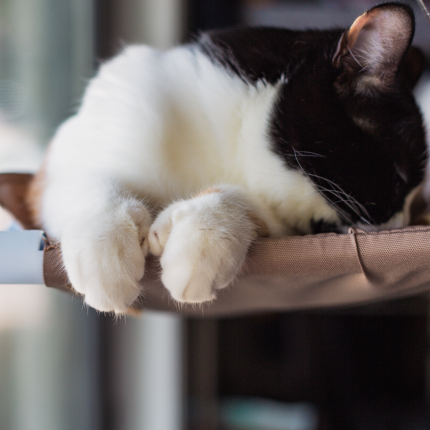
Polydactyl Cats: Just More Beans to Love
Polydactyl cats have become extremely popular in recent times. As a result, more and more people are interested in learning more about this six-toed cat and want to get one of their own. If you are a cat lover intrigued by polydactyl cats, you have come to the right place….
